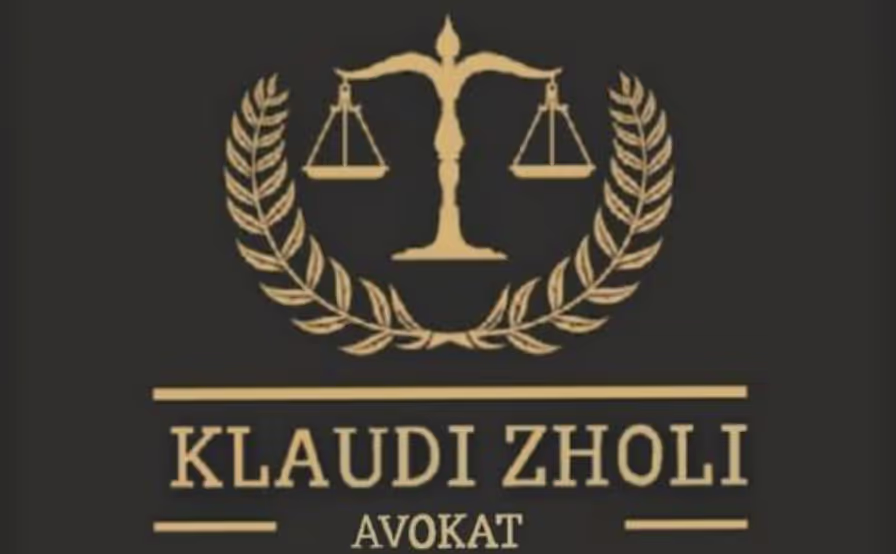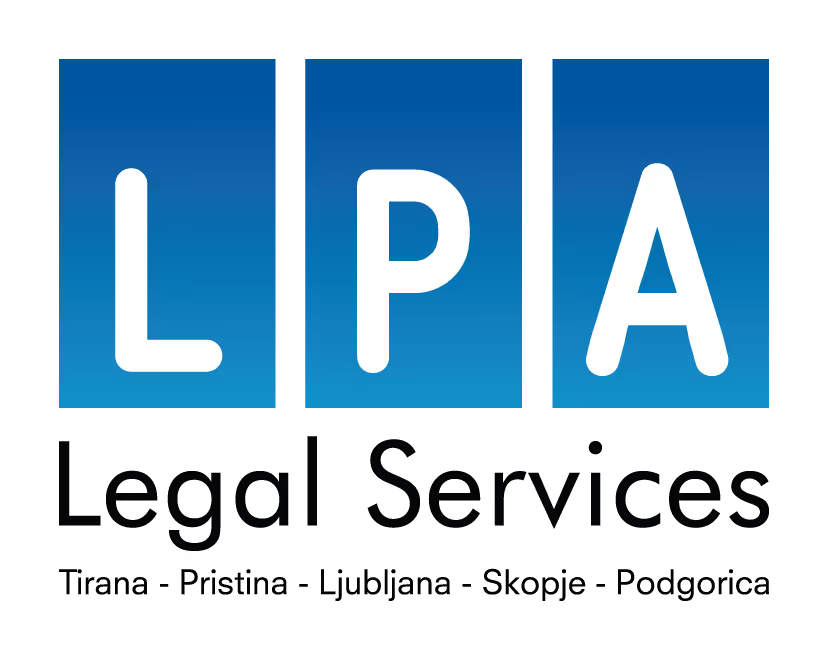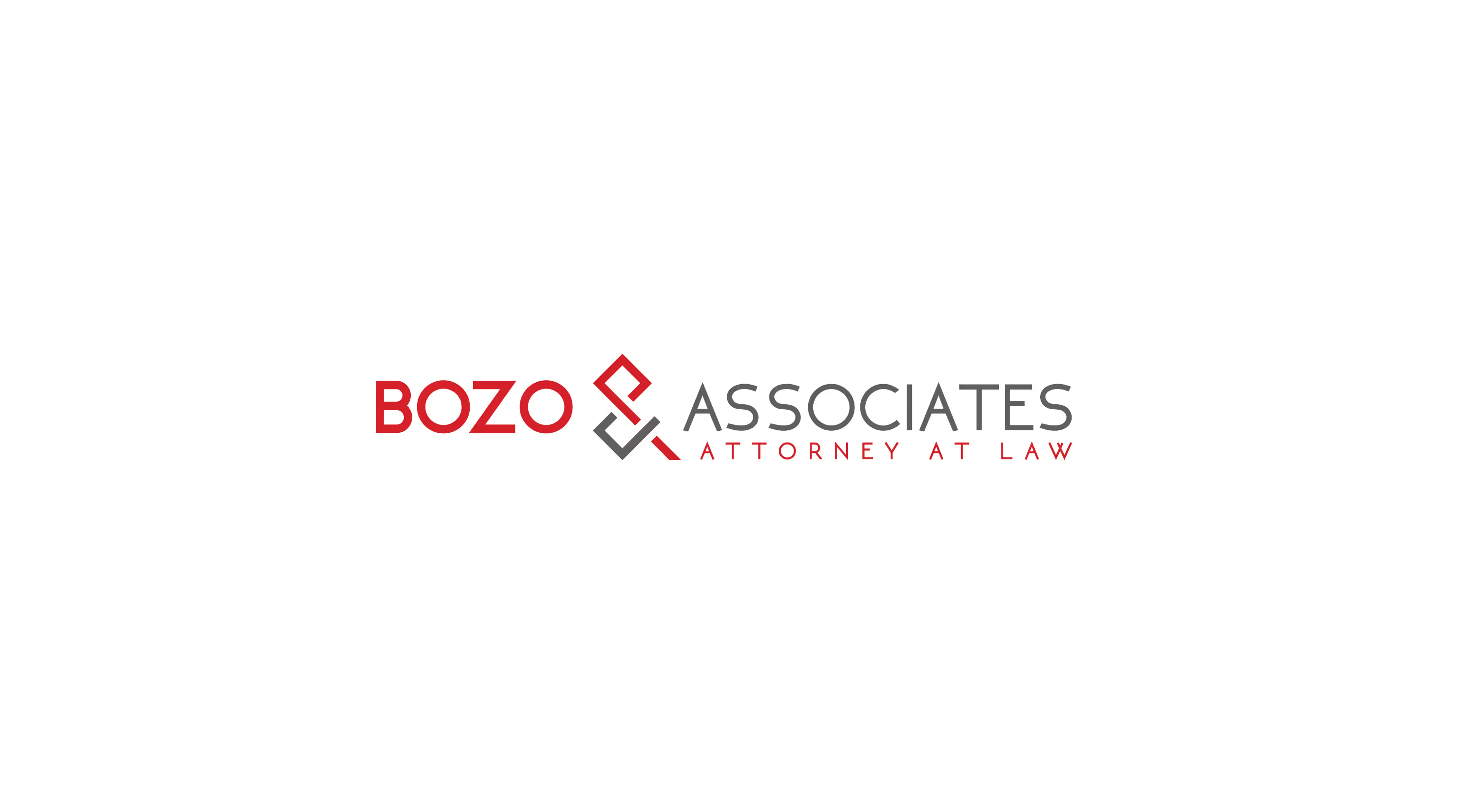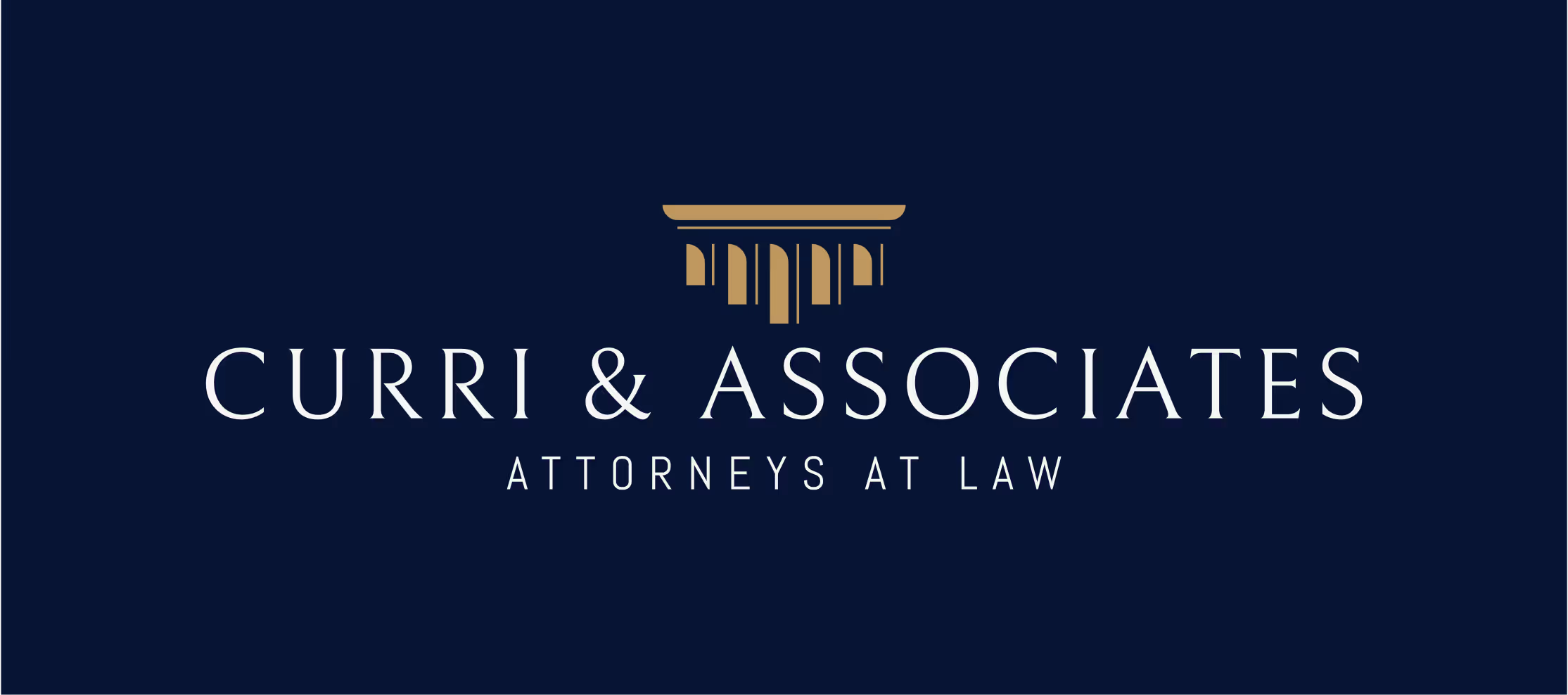Debt Collection Agency in Albania
Your reliable debt collection agency in Albania. Submit your claim for efficient recovery, no upfront charges. Delve into our detailed guide for a holistic view of local debt services.






The ultimate guide about debt collection in Albania
Why you can trust this guide
At Debitura, we uphold the highest standards of impartiality and precision to bring you comprehensive guides on international debt collection. Our editorial team boasts over a decade of specialized experience in this domain.
Questions or feedback? Email us at contact@debitura.com — we update this guide based on your input.
Debitura By the Numbers:
- 10+ years focused on international debt collection
- 100+ local attorneys in our partner network
- $100M+ recovered for clients in the last 18 months
- 4.9/5 average rating from 621 reviews
Expert-led, locally validated
Written by Robin Tam (16 years in global B2B debt recovery). Every page is reviewed by top local attorneys to ensure legal accuracy and practical steps you can use.
Contributing local experts:
Last updated:
Conquer the complexities of debt collection in Albania with Debitura, your ultimate ally. Harnessing local expertise and global experience, this guide equips you to address domestic and international debt recovery challenges effectively.
Significant Actors in Debt Recovery Process in Albania
In the complex realm of Albanian debt recovery, it's essential to grasp the distinct roles and obligations of major actors. This includes debt collection agencies, bailiffs, and lawyers; each crucial to the coordinated endeavor of debt recovery within Albania's strict legal boundaries.
Debt Collection Agencies in Albania
Debt collection agencies in Albania play a pivotal role in the debt recovery process, acting as mediators between creditors and debtors to resolve monetary disputes amicably. When traditional methods of repayment fail, creditors often turn to these specialized agencies for assistance. Their expertise lies in executing pre-legal collection efforts, including direct communication with debtors through phone calls, letters, and emails, to negotiate repayments. Regulated under strict legal frameworks, these agencies must adhere to ethical guidelines and are expressly prohibited from employing abusive or unfair practices. Although instrumental in facilitating voluntary settlements, their capabilities are confined to pre-judicial actions. Should negotiations falter, the engagement of legal measures becomes requisite, transcending the agency’s operational scope.
Lawyers in Albania
In Albania, involving a lawyer becomes crucial as soon as debt recovery transitions to the judicial phase. Lawyers play a pivotal role, equipped with specialized knowledge to navigate the complexities of Albanian legal frameworks effectively. They are responsible for preparing and filing legal documents, representing creditors in court, and advising on the most suitable course of action. Specifically, when pre-legal collection efforts fail, and there is a need to secure a court order for unpaid debts or when the debt value justifies litigation expenses. The input information reveals that lawyers are key in guiding creditors through the appeal process, ensuring adherence to procedural requirements, and preferentially managing enforcement actions post-judgment. Their expertise ensures that creditors' claims are pursued in compliance with the local regulations, maximizing the chance of debt recovery under the Albanian jurisdiction.
The Role of Bailiffs in Albania
In Albania, bailiffs function as an essential link in the chain of debt recovery, working under judicial authority to enforce court orders when debtors fail to comply voluntarily. These legal officers are critical for executing asset seizures, evictions, and serving legal documents, acting as the practical enforcement arm of the court system. Bailiffs are typically called upon after a creditor has obtained a court ruling in their favor and the debtor has not fulfilled the obligations set forth by the court. Their tasks, regulated by Albanian law, include locating and valuing assets for seizure, carrying out evictions, and ensuring the debtor complies with the court's decision.
Before engaging a bailiff, creditors must secure a valid court order, a testament to the judicial process being exhausted and the necessity for enforcement action to recover owed debts. The framework governing bailiffs ensures a balance between effective debt recovery and the safeguarding of debtor's rights, making them a key figure in the Albanian debt collection landscape.
Unraveling the Legal Maze of Debt Collection in Albania
Skilled debt recovery in Albania hinges on a comprehensive grasp of its intricate legal landscape. This observance not only guarantees efficient debt redemption, it also fosters fair proceedings, strengthening honesty and confidence in business conducts.
The Regulatory Environment and Civil Court System in Albania
Understanding the civil court system in Albania is pivotal for navigating legal proceedings effectively. Here's a simplified guide to the hierarchy of this system.
- Courts of First Instance: These are the primary courts where civil cases are initiated. They handle a wide range of matters, including family law, contracts, and property disputes. Each judicial district in Albania has its own Court of First Instance, making them the most accessible level of the judiciary for individuals and businesses alike.
- Appellate Courts: Serving as the second level, Appellate Courts review cases from the Courts of First Instance. If a party is dissatisfied with a decision at the first level, they can appeal to these courts, which re-examine both the facts and legal interpretations applied in the initial trial. Albania is divided into several appellate court jurisdictions, each covering multiple first-instance jurisdictions.
- The High Court: At the top of the judicial hierarchy is the High Court of Albania, which is the ultimate appellate body in the country. It primarily deals with legal interpretations and the application of the law. Unique in its organization, the High Court consists of different panels, including Civil, Penal, and Administrative Colleges, depending on the case type. The High Court ensures uniform application of the law across Albania.
In conclusion, navigating the civil court system in Albania involves understanding the hierarchical structure from the Courts of First Instance through to the High Court. Each level plays a crucial role in ensuring justice and fairness in the handling of civil matters. Familiarity with this hierarchy aids in managing expectations and strategizing legal actions effectively within the Albanian judicial environment.
Key Legislation Impacting Debt Collection in Albania
In Albania, the framework surrounding debt collection is primarily governed by a set of crucial laws and regulations that ensure the process is conducted fairly and efficiently for both creditors and debtors. This legal framework balances the interests of all parties involved while adhering to international standards.
- The Civil Procedure Code - Governs the procedure for debt collection, detailing the steps for filing claims, the litigation process, and the enforcement of court judgments.
- Law on Bankruptcy - Provides the legal foundation for bankruptcy proceedings, outlining the rights and obligations of debtors and creditors when a debtor is insolvent.
- Consumer Protection Law - Safeguards consumers’ rights during debt collection, ensuring that collection practices are carried out in a non-abusive manner.
In summary, the Albanian legislative framework for debt collection supports a systematic process that emphasizes legal compliance, fairness, and respect for the rights of all parties involved. Understanding these key laws is essential for both creditors and debtors navigating the debt collection landscape in Albania.
Consumer Protection from Unfair Collection Practices in Albania
In Albania, consumer protection in the context of debt collection is pivotal to ensure fair treatment and safeguard personal freedoms during the recovery process.
- The Albanian legal framework mandates that debt collection agencies must adhere to legal steps before contacting a consumer, such as sending a formal notice of the debt. This regulation ensures that the debtor is adequately informed and that collection efforts are transparent.
- Consumers have the right to be protected from abusive debt collection practices, highlighting the country’s commitment to maintaining the dignity and rights of individuals even in debt recovery situations.
- Financial institutions, including members of the Albanian Microfinance Association (AMA), operate within a legal and ethical framework, distancing themselves from illegal and unethical debt collection practices. This exemplifies the broader initiative for responsible financial practices.
- The enforcement of court decisions and executive titles is regulated by the Civil Procedure Code, which includes measures like executing monetary obligations and seizing assets while ensuring due process and consumer protection in execution procedures.
- Consumers have avenues to file complaints with relevant authorities or consumer protection agencies if they believe a debt collector has violated their rights, evidencing the supporting mechanisms in place for dispute resolution and protection against unjust practices.
In conclusion, Albania’s approach to consumer protection in debt collection underscores the balance between effective debt recovery and preserving the rights and dignity of consumers. This integrated approach, featuring legal mandates, ethical standards, and consumer redress mechanisms, creates a fair and respectful environment for debt resolution.
Amicable Debt Collection in Albania
This section provides an engaging exploration into the practices of amicable, or pre-legal, debt collection in Albania. It walks you through the process, illuminates strategies, and highlights key elements of this faster, less complicated method, often preferred over legal debt collection.
- Hierarchical Court System: Involves High Court, Courts of Appeal, First Instance Courts; facilitates judicial transition.
- Statute of Limitations: Timely amicable recovery crucial as legal right to enforce debt ends after this period.
- Fees and Interest Rates: The statutory interest rate for late payments is 120% of the Bank of Albania’s rate, adjusted quarterly.
- Essential Documents: Credit agreements, communication records critical for supporting claims, facilitating negotiations.
- Cost of Amicable Debt Recovery: Varies; impacted by increased debt service costs, interest rates.
- Timeline for Amicable Debt Recovery: Includes notifications, meetings, mediations; varies by debtor’s responsiveness.
- When to Use Amicable Debt Recovery: Effective when mutual agreement is possible, preferable for maintaining positive relationships.
- Transition to Judicial Debt Recovery: Step follows unsuccessful amicable efforts; influenced by cost, recovery potential.
- Consumer Protection in Debt Collection: Protects from harassment, deception; adherence essential to avoid punitive measures.
- Extrajudicial Debt Collection Process: Ethical, regulated steps including contacting, notifications, negotiations; respects debtor’s rights.
Navigating Amicable Debt Collection in Albania
Amicable debt collection prioritizes a relationship-focused strategy for recovering dues, emphasizing empathy and negotiation over confrontation. This method values maintaining a positive rapport between creditor and debtor, aiming for solutions that respect the debtor's situation while ensuring the creditor's recovery of funds. It's a non-adversarial approach recommended for non-disputed claims, avoiding the complexities and costs of legal action.
In Albania, starting with an amicable approach for debt recovery is notably beneficial, barring instances where your claim is disputed or involves intricate legal challenges.
The Collection Agency's Role in Amicable Debt Recovery in Albania
In Albania, collection agencies play a crucial role in the amicable recovery process, especially for creditors who may not have the time or expertise to pursue effective debt collection independently. Agencies like Debitura leverage their expertise by first accurately identifying the outstanding debts and debtors, then initiating communication through carefully worded reminders or formal notices. Their objective approach, free of personal investment in the outcome, frequently leads to more successful debt recovery outcomes by providing impartial, professional mediation between the creditor and debtor.
Advantages of Amicable Debt Resolution
Choosing an amicable approach for debt resolution presents several advantages for both parties. Creditors benefit by saving on potential legal costs and preserving valuable business relationships thanks to the process's respectful and considerate nature. For debtors, they often receive more manageable repayment terms which alleviate financial strain and foster positive sentiments towards the creditor. Essentially, this method promotes respect and understanding, thereby creating an amicable environment conducive to fulfilling financial obligations.
Transitioning from Amicable to Legal Collection in Albania
While amicable collection methods offer considerable benefits, there are scenarios where legal action becomes necessary. Indicators that it may be time to consider transitioning to a legal approach include a lack of responsiveness from the debtor, repeated failures to adhere to promised repayment plans, or deliberate attempts to evade the debt obligation. Opting for legal proceedings should be a carefully weighed decision, recognizing the substantial costs and time such processes entail. It is typically explored as a last resort, after all amicable avenues have been thoroughly exhausted.
Legal Debt Collection in Albania (Judicial Debt Recovery)
In cases where amicable debt recovery fails, the recourse turns to judicial debt collection. This legal path involves court orders and bailiffs to enforce claims. It's a complex process usually requiring legal assistance, unless dealing with small claims. This section details the specifics of Albania's judiciary debt collection procedure.
- Hierarchical Structure: The judicial system includes High Court, Courts of Appeal, and First Instance Courts.
- Territorial Jurisdiction: Cases are efficiently allocated based on administrative divisions and resources.
- High Judicial Council: Responsible for appointing judges and ensuring court efficiency.
- Specialized Sections: Courts have specialized panels for civil and criminal matters, including debt recovery.
- Legal Framework: The microfinance sector operates under the oversight of the Bank of Albania, ensuring ethical debt collection.
- Consumer Protection: Laws protect consumers from abusive debt collection practices.
- Court Order for Debts: Obtaining a court order involves following specific deadlines and procedures.
- e-Albania Portal: Modernizing judicial processes with online services for registering and executing court orders.
- Right Court Choice: Based on claim size, choosing the appropriate court is crucial for debt recovery success.
Shifting from Amicable to Judicial Debt Collection in Albania
In the realm of debt collection, amicable methods often serve as the initial approach, relying on negotiations and informal agreements between creditors and debtors. However, certain conditions may necessitate the transition to judicial debt collection. This shift typically occurs in the presence of disputes or the need for formal debt enforcement mechanisms, signaling that informal resolutions are no longer feasible. The judicial process, while more complex, opens doors to legally enforceable solutions. Given the intricacies of legal proceedings, securing the services of a legal professional or representation becomes critical for successfully navigating the judicial debt recovery landscape in Albania.
The Importance of a Formal Judgment in Albania
Obtaining a formal judgment or court order is a pivotal step in the judicial debt recovery process. It serves as an official decree that validates the creditor's claim against the debtor, providing a legal basis for enforcing the debt recovery. In Albania, securing a court order involves filing a legal claim against the debtor and navigating through the judicial system, a process that underscores the importance of legal representation. With a court order in hand, creditors gain the leverage to enforce their claims through various means, including asset seizure or wage garnishment, ensuring a structured pathway to recovering what is rightfully owed.
Determining the Appropriate Court in Albania
Choosing the right court to handle a debt collection case in Albania involves understanding several critical factors, including the claim size and the complexity of the legal issues involved. The judicial system provides a hierarchy of courts, each designed to address specific types of legal matters. For smaller, less complex cases, courts of first instance often provide an appropriate venue. These courts handle a wide range of civil disputes, including debt collection cases. For larger or more intricate cases, specialized courts or appellate courts may be more suitable. Identifying the correct court is a strategic decision, contingent upon various factors such as the monetary value of the claim, the legal principles at stake, and the need for specialized judicial expertise. This decision not only aligns with procedural requirements but also optimizes the debt recovery process, ensuring your case is heard in the most suitable judicial arena.
Small Claims Court in Albania
In Albania, the judicial system is organized to efficiently handle various types of legal disputes, including those related to "small claims" or minor financial disputes. These are typically addressed in the Courts of First Instance, which serve as the initial point of contact in the Albanian legal framework for resolving lesser monetary disputes. This streamlined process is designed to facilitate quicker resolutions, reducing the time and costs associated with traditional court proceedings. The focus is on expedite handling and simplification of legal procedures, which is particularly beneficial for international creditors looking for swift debt recovery options. It's crucial for creditors to understand that although this process is designed for efficiency, proper legal representation and a thorough understanding of Albanian legal procedures remain essential for successful navigation through the small claims court system.
Ordinary Proceedings in Albania
In Albania, ordinary proceedings represent the main legal framework employed for resolving more complex civil and commercial disputes, including those related to debt collection that exceed the scope or financial limits of the small claims court. Unlike the streamlined process of small claims, ordinary proceedings allow for a more comprehensive examination of the case, involving evidentiary proceedings and potentially, a more detailed legal scrutiny of complex issues. This process provides the parties involved with the advantage of a thorough judicial review, thus ensuring that all facets of the case are carefully considered.
Legal representation is mandatory in ordinary proceedings, as these cases typically involve intricate legal matters that necessitate professional legal expertise. This ensures that all parties have the appropriate legal support to navigate the complexities of the case and to articulate their positions effectively. The legal framework governing ordinary proceedings is encapsulated within the Civil Procedure Code of Albania, which lays out the procedures, rights, and obligations of the parties involved. It delineates the stages of the legal process from the filing of a claim to the execution of the court's decision, ensuring transparency, fairness, and adherence to the principles of justice throughout the proceedings.
Debt Enforcement in Albania
Post securing a valid court order in Albania, the ensuing step is debt enforcement, allowing you the right to compel the execution of the ruling. Supervised by authorized bailiffs, it empowers creditors to confiscate the debtor's possessions, thereby ensuring the satisfaction of their legal claim.
- Debt Enforcement Authority: Governed by the Law No. 9665, stipulating procedures for managing state and public debt in Albania.
- Bailiffs' Duties: Judicial officers oversee the debt collection process, ensuring adherence to the legal and ethical framework.
- Legal Procedures: Debt enforcement actions start with a court order and may involve asset seizure and wage attachment ("sekuestro" and "bashkëngjitja e pagave").
- Costs of Enforcement: Vary based on case complexity and include court fees, bailiff charges, and potential legal representation expenses.
- Court System Structure: Features the High Court, Courts of Appeal, and Courts of First Instance, each with specific jurisdictions.
- Consumer Protections: Regulations protect consumers from abusive practices and ensure fair debt collection processes.
- Income Garnishment: Governed by specific legal frameworks, allowing for a portion of debtor's income to be directed to the creditor.
- Debtor Rights: Include challenging wage attachments, seeking legal advice, and negotiating repayment terms.
- Minimum Living Standards: Laws protect essential income and assets, ensuring debtor welfare while balancing creditor rights.
- Regulatory Framework: Comprehensive legal frameworks and licensing ensure that judicial officers and bailiffs operate ethically and legally.
The Role of Bailiffs in Debt Enforcement in Albania
In the Albanian context, bailiffs, or judicial officers, are indispensable actors in the debt enforcement landscape. They play a pivotal role in implementing court orders and managing the process of asset seizure and subsequent sale, ensuring that creditors' claims are addressed. Their responsibilities are comprehensive, encompassing asset identification, valuation, conducting sales often via auctions, and distributing proceeds amidst creditors, all under the vigilant eye of the legal framework. Furthermore, the involvement of bailiffs in negotiating payment plans, offering settlements, and overseeing the execution of collection strategies underscores their critical contribution to maintaining the ethical and legal integrity of the debt collection process.
The Debt Enforcement Process in Albania
The initiation of the debt enforcement process in Albania is predicated upon a creditor's submission of a claim supported by an enforceable title, unequivocally establishing the debtor's obligation. This ensues a well-structured procedure where bailiffs proceed to locate and subsequently secure the debtor's assets, potentially including real estate and vehicles. The process is prefaced with clear delineations ensuring the preservation of essential personal items and a baseline income for the debtor, safeguarding their fundamental living necessities. It's key to note that in Albania, practices like "sekuesto" and "bashkëngjitja e pagave" (seizure and attachment of wages) are integral, with strict regulatory oversight on their execution based on well-demarcated legal statutes.
Costs and Legal Framework in Albania
Navigating the intricacies of debt enforcement in Albania necessitates a deep understanding of associated costs, including court fees, bailiff charges, and expenses pertinent to legal representation. These costs are inherently variable, contingent on the intricacy and temporal extent of individual cases. The Albanian legal system provides a robust framework delineating the procedures for debt enforcement, the operational purview of bailiffs, and the rights of all stakeholders involved. This system is designed to ensure operational transparency and fairness, with laws such as the Civil Procedure Code governing aspects like the execution of monetary obligations and enforcement against third parties.
Preparing for Enforcement
Embarking on the path of enforcement requires creditors in Albania to preliminarily ensure the possession of a valid enforceable title, and possibly, issue a final payment demand to the debtor. This preparatory phase is pivotal, setting the groundwork for subsequent legal undertakings, whilst also extending an olive branch to debtors – allowing them the opportunity to amicably settle their dues voluntarily. This approach underscores a respect for debtors' rights to raise objections or proffer challenges against enforcement endeavors, fostering a culture of ethical and fair debt recovery practices. Notably, the deployment of electronic platforms like the e-Albania portal for the registration of court decisions enhances efficiency and simplifies the enforcement preparation process for creditors.
Steering Through Bankruptcy Proceedings for Debt Reclamation
When a debtor finds themselves unable to fulfill their financial duties on time, insolvency comes into play. This situation frequently makes conventional recovery tactics, like the confiscation of assets through legal mandates, impractical because of the lack of assets to reclaim. Under these circumstances, filing for bankruptcy becomes an essential option. This judicial procedure is designed to orderly sell off the debtor's holdings, presenting a last-ditch effort to secure some form of repayment for the unpaid debts.
- Legal Authority: The National Agency of Bankruptcy supervises the insolvency process in Albania.
- Appointment of Administrators: Court-appointed administrators are independent from the involved parties.
- Filing Criteria: Bankruptcy can be filed based on inability to settle financial obligations, evaluated by the court.
- Appeal Mechanisms: Parties may challenge bankruptcy decisions, bolstering creditors' rights for fair resolution.
- Judicial Examination: Includes evidence presentation and financial evaluation to decide on restructuring or asset liquidation.
- Court Structure: The hierarchical court system allows for various levels of legal recourse in insolvency cases.
- Consumer Protection: Legally, consumers are shielded from abusive debt collection tactics, even in insolvency scenarios.
- Licensing of Practitioners: Bankruptcy administrators must be licensed, ensuring expertise in managing insolvency proceedings.
- Court's Role: Evaluates candidates for administration roles to secure impartial and competent proceedings management.
- Regulatory Collaboration: Microfinance institutions engage with regulators to maintain ethical practices, including during insolvency.
The Framework of Insolvency Procedures in Albania
Insolvency procedures provide a structured method for handling cases where debtors cannot meet their financial obligations. Guided by the National Agency of Bankruptcy (AKF) in Albania, these mechanisms aim not only to restructure a debtor's financial affairs but also to liquidate assets to repay creditors efficiently. The process, detailed in Albanian law, can be initiated by either the debtor or the creditors when regular fulfillment of financial duties is impossible. With a clear framework that lays out the steps for initiating insolvency, appointing administrators, and handling assets, the Albanian insolvency process is designed to administer fairness and transparency throughout.
Creditor Rights and Claim Prioritization in Albania
In Albanian insolvency proceedings, creditor claims are meticulously categorized and prioritized according to a predefined framework to ensure an orderly and equitable process. Ranging from secured claims backed by collateral to unsecured claims with no such security, the categorization plays a pivotal role in determining a creditor's recovery likelihood. Creditors, to assert their rights effectively, must register their claims within mandated timeframes. Actively engaging in creditor committees and negotiating reorganization plans can significantly amplify their chance of recovery, aligning with the structured approach overseen by the Albanian legal system to ensure transparency and fairness.
Understanding Costs and Timelines
Navigating the insolvency proceedings in Albania entails varying costs, including court fees, administrative charges, and expenses for legal representation, deducted from the debtor's estate before distibution to creditors. The duration of insolvency cases varies, impacted by the complexity of the financial situation, the volume of creditor claims, and potential legal disputes. Creditors embarking on this journey should brace for an extended process affecting debt recovery timelines. The Albanian health system ensures continuous monitoring and adjustment of proceedings, aiming for efficiency and workload management, as highlighted by the annual reports and recommendations from the High Judicial Council to improve court operations.
Find a Local Debt Collection Lawyer
Need court-ready representation? Share your case once and receive up to three proposals from vetted litigation attorneys—free, fast, and with no commitment.
- Verified specialists
- Quotes in 24 h, no hidden fees
- Fair, pre-negotiated rates

Avokat Klaudi Zholi is a premier law firm in Tirana offering effective Debt Collection services in Albania, established in 2012, recognized for its expertise and professionalism, making it the go-to partner for debt recovery.

LPA Law Firm Albania Ltd is a premier law firm in Tirana offering effective Debt Collection services in Albania, recognized for excellence since 2011, with accolades such as "Most Reliable Legal Firm in Albania" and memberships in the International Bar Association.

Vision Consulting Albania is a premier law firm in Tirana offering effective Debt Collection services in Albania, established in 2017 and recognized among the best legal firms in Tirana by CEE Chamber, serving both national and international clients with tailored legal expertise.

Bozo & Associates is a premier law firm in Tirana offering effective Debt Collection services in Albania, positioning itself as the go-to partner for debt recovery with over a decade of experience, serving Albania and Kosovo, and providing international legal expertise.

Alba Legal is a premier law firm in Tirana offering effective Debt Collection services in Albania, positioning itself as the go-to partner for debt recovery since 2010, with a reputation for excellence and a strong presence in international legal networks.

Curri & Associates is a premier law firm in Albania offering effective risk-free Debt Collection services, positioning the firm as the go-to partner for debt recovery in Albania since 2019 with flexible fee structures and cross-border expertise, as an exclusive Debitura partner offering No Cure No Pay debt collection based on Debitura's risk-free standard terms and pricing.

JBC & Associates is a premier law firm in Tirana offering effective Debt Collection services in Albania, positioning itself as the go-to partner for debt recovery, founded in 2018 and a member of the National Chamber of Advocates of Albania.





.svg)

.webp)
.png)

.png)
.svg)












.svg)

